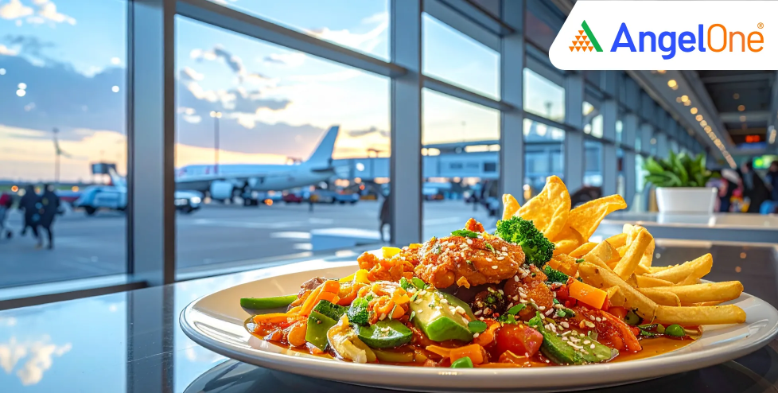
India's aviation sector has witnessed remarkable growth over the past two decades. Due to a rising middle-class population, India is expected to establish 50 additional airports by 2030. Yet, the exorbitant cost of food and beverages at airports restricts the affordability of air travel.
Airports are meticulously designed to change passenger spending behaviour once they pass through security. This shift is driven by a “now or never” mindset, where decisions must be made before boarding. Thus, a traveller who might compare prices for premium headphones for weeks often ends up making quick luxury purchases.
Airports curate exclusive brands and travel-only editions to create a unique shopping experience, while convenience and clear pricing reduce hesitation. This finely tuned environment explains why non-aeronautical income, including food and retail, accounts for about 36.7% of global airport revenues, and why prices often carry a premium.
Besides, duty-free shops at airports add to the appeal of airport shopping by highlighting tax savings and bundle offers. This makes consumers think that splurges are a smart bargain.
The high prices of airport food in India are not accidental but stem from several structural factors:
These factors combine to create a “perfect storm,” sustaining the practice of high pricing and transforming what should be a convenient, affordable journey into an expensive ordeal for many.
This pricing model directly conflicts with the NCAP 2016’s objective to make flying affordable and convenient for the masses. The unchecked pricing of airport services imposes a hidden financial barrier for India’s common people. Since the total cost of travel includes more than just the airfare, inflated food prices undermine the policy’s spirit.
Moreover, airport operators rely heavily on non-aeronautical revenues, with food and retail making up 70-80% of airport profits. This makes commercial gain a priority over passenger welfare. This revenue model, coupled with flexible pricing policies, leaves consumers vulnerable.
Globally, airports like Ben-Gurion in Israel and several U.S. airports regulate prices to ensure affordability, illustrating that fair pricing and commercial success are not mutually exclusive.
A promising solution lies in introducing a fair price shop. The “UDAN Yatri Cafe” in Kolkata and Chennai airports offers tea at ₹20 and water at ₹10, and attracted thousands of passengers within weeks. This proves that there’s a strong demand for affordable options.
Read more: What is Kolkata's Udan Yatri Cafe: India's First 'affordable' Airport Food Outlet?
India’s aviation growth story must move beyond affordable tickets to encompass the entire travel experience. High airport food prices contradict the government’s vision of democratizing air travel.
By adopting fair price shops nationwide and revising airport revenue models, India can ensure that the journey is genuinely affordable for all passengers. This will not only enhance passenger satisfaction but also uphold the true spirit of the National Civil Aviation Policy of connecting people with inclusivity and fairness.
Disclaimer: This blog has been written exclusively for educational purposes. The securities mentioned are only examples and not recommendations. This does not constitute a personal recommendation/investment advice. It does not aim to influence any individual or entity to make investment decisions. Recipients should conduct their own research and assessments to form an independent opinion about investment decisions.
Published on: Sep 19, 2025, 4:35 PM IST

We're Live on WhatsApp! Join our channel for market insights & updates
